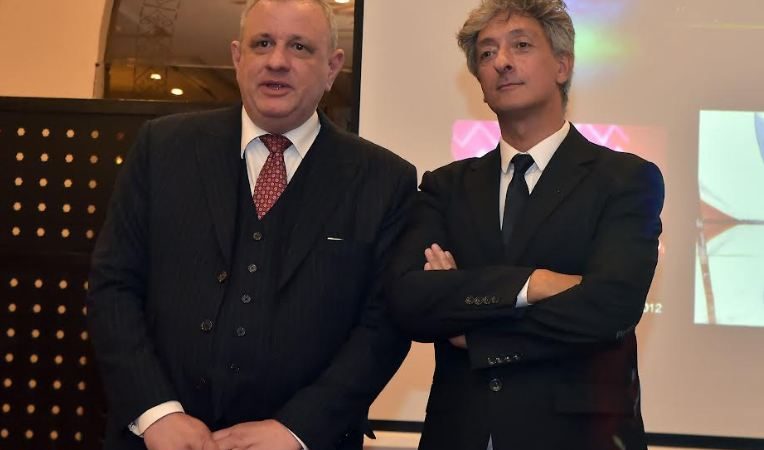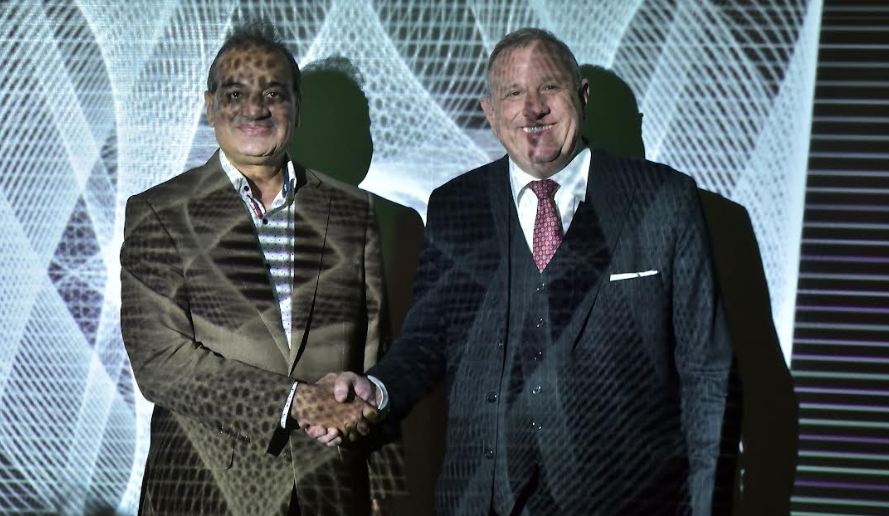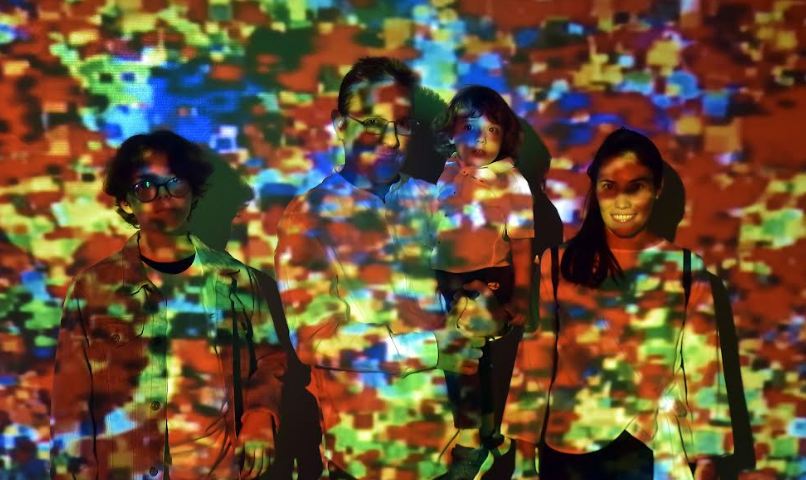Italian Embassy’s digital art exhibition draws huge interest

ISLAMABAD, OCT 16 /DNA/ – The Italian well-known artist Stefano Fake has brought to Pakistan the famous digital art zone to Pakistan. The Italian Embassy in Pakistan, in order to make his work known to Pakistanis, organized an immersive digital art exhibition, bringing an innovative art form to the Pakistani audience.
Speaking on the occasion, Italian Ambassador Andreas Ferrarese expressed his pride in presenting the unique showcase of digital art to the public, highlighting its versatility and wide range of possibilities.
The ambassador acknowledged the artwork of Stefano Fake, one of Italy’s celebrated digital artists. He praised Italy’s capacity to blend historical heritage with new and creative arts, dispelling the notion that the country was solely associated with its past.

Stefano Fake, in his address, delved into the journey of digital art, which he began nearly 30 years ago.
He described his transition from traditional art to digital tools in 1997, culminating in the establishment of his studio in 2001, dedicated to creating immersive art experiences.
Fake underlined that every era had its unique artistic tools, and digital art represented the current period’s creative expression.
He said, “The purpose of art is, after all, to create original and imaginative forms of aesthetic expression shared with a community through experiences and events.”
Stefano Fake’s early work in this field was initially met with skepticism, often being associated with music or youth-centric events. However, over time, digital art gained recognition and acceptance. His exhibitions now span the globe, from Germany to Colombia, and even recent showcases in Berlin and Shanghai. This transformation reflects the growing appreciation for new media art worldwide.

One of Fake’s groundbreaking approaches was to immerse audiences in a digital environment, using video projection to transform spaces and even people.
He dispelled early concerns about safety and emphasized the combination of physical reality with digital art, creating immersive experiences that evolve and transcend traditional static forms of art.
The term “immersive art experiences” emerged, capturing the essence of their work, as it blends physical spaces, bodies, and digital artworks, making it a unique and ephemeral experience. These art experiences offer a fresh perspective, bridging the gap between contemporary culture and art.
Related News

Naqvi, US Envoy agree on joint crackdown on illegal immigration
ISLAMABAD, JAN 24 (DNA): Federal Minister for Interior Mohsin Naqvi held an important meeting with U.S.Read More

IRS unveils action plan for ‘Pakistan-Kazakhstan Cooperation’ ahead of President Tokayev’s visit
ISLAMABAD, JAN 24 /DNA/ – The Institute of Regional Studies (IRS), Islamabad, through its CentralRead More


Comments are Closed